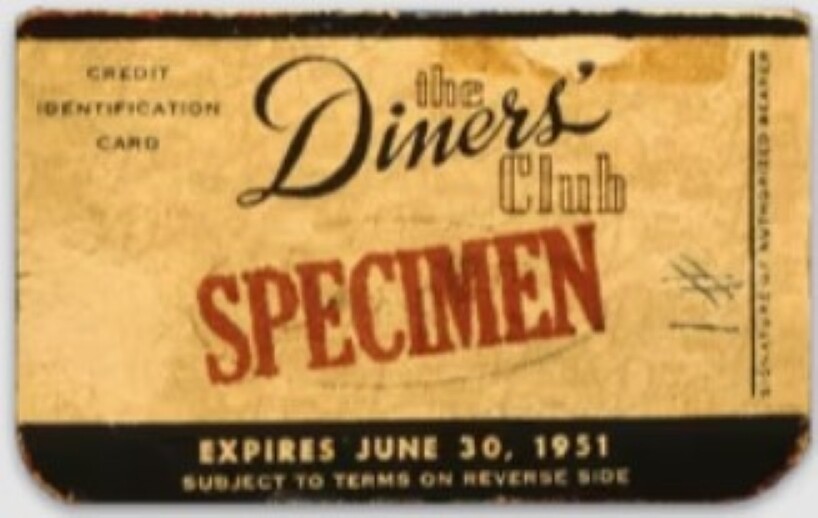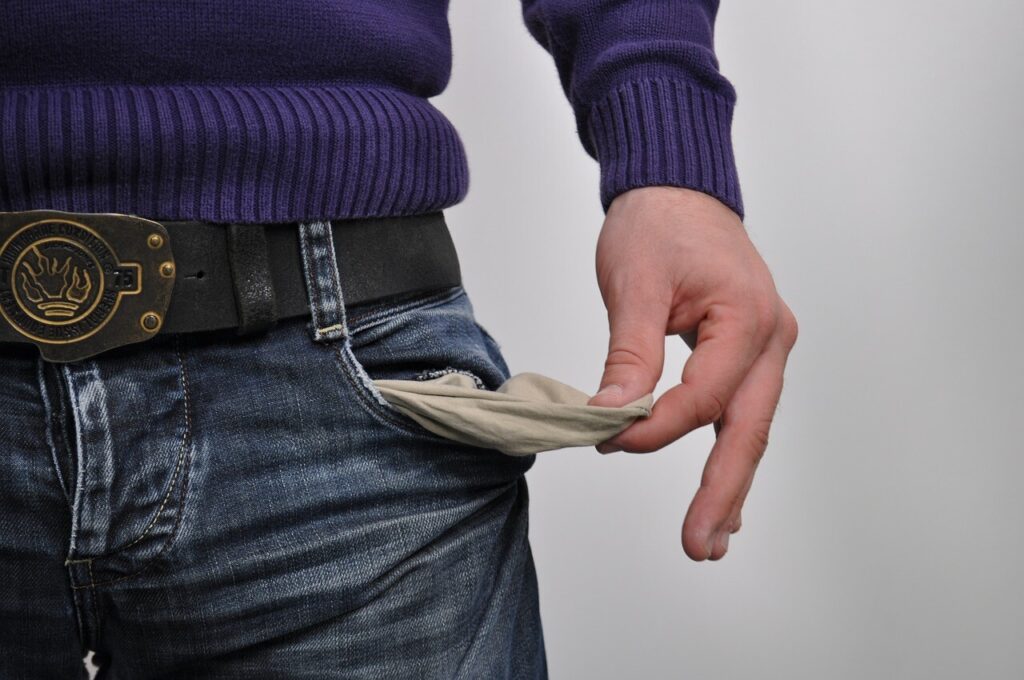If someone were to ask you who issued the first credit card, you’d likely name one of the big three. Either Visa, Mastercard or what might seem the most likely based on reputation, American Express. Sorry Discover, but I can’t pretend people remember you without being explicitly reminded. If it weren’t one of those top cards, you’d probably assume it was some ancient, long-shuttered provider that never made it to the era of magnetic strips. The truth is somewhere in between.
The first ever credit card (though technically, it was a charge card, which meant you weren’t allowed to carry a month-to-month balance) was the Diners Club Card. The Diners Club Card, and the concept of credit cards in general, was born from an embarrassing situation encountered by one Frank McNamara, who found his wallet missing, and therefore, his liquid cash wanting at the conclusion of a 1949 meal at Major’s Cabin Grill in New York City. His wife was forced to drive out to the restaurant and bring him money, which I assume in the 1950s was a public embarrassment almost worth seppuku.
Now, at this time, there already were charge cards, but they were issued by businesses themselves, and only able to be used at those businesses. McNamara and his partner, a man named Ralph Schneider, instead thought up a third-party solution, one that would grant membership to financially trusted individuals, and pay restaurant bills on their behalf, being paid back for the total spent across multiple locations at the end of each month.
Given that it was originally strictly for dining, it was called the, well, Diners Club Card. There were 200 issued, primarily to people who personally knew McNamara. It was first used a year later — right where it started at Major’s Cabin Grill, by McNamara himself. The initial batch of Diners Club cards were made of simple, unlaminated paper, and looked more like a business card than any modern credit card. They were accepted at 14 New York restaurants, which were printed on the back. Other restaurants, at first, weren’t huge fans of the idea, as they were charged a 7-percent fee for the transaction, and it didn’t lead to strict loyalty like credit would. McNamara sought to assuage these fears by claiming members would spend more money than they would in cash, something anyone who’s ever opened a bar tab knows to be true.

Nevertheless, as it often does in commerce, convenience conquered all, and by the end of the year, there were 10,000 members. They’d also doubled the amount of restaurants that would accept the card, and added an important new wrinkle: two hotels that would honor Diners Club credit. The same way the more exclusive cards are today, it also served as a status symbol, showing you as an upstanding, metropolitan individual whose finances were properly sufficient to receive membership. They added not only travel merchants to the card, but travel insurance, a first in the industry, and it quickly became a frequent traveler’s erstwhile companion, the same way a rewards card would be today. They even issued booklets listing all participating restaurants and businesses to be kept in a glove compartment.
Diners Club was responsible for much of the advancement in credit cards that we now know as gospel, including the corporate credit card in 1975 and the invention of credit card rewards in 1984.
So why is it that you’ve probably never seen one or heard the name uttered at any business in recent history? Well, there’s nothing too interesting there, just that they gradually faded in the market to behemoths like AmEx, Visa and Mastercard. Diners Club does, in fact, still exist, though. The cards are not currently being issued, outside of corporate accounts, so if you don’t have one, you’re out of luck, but current owners can still use the card as they please.
However, they’re owned, as they have been since 2008 by… Discover. Which honestly, makes a perfect kind of weird sense.

